EU set to delay deforestation regulations: What can the coffee industry expect?
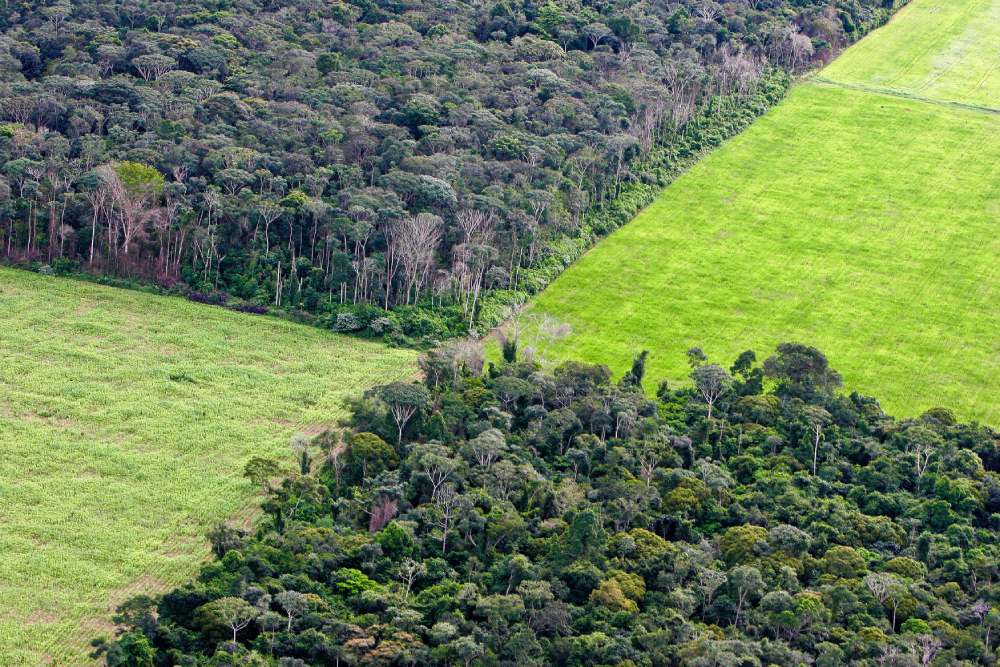
The agricultural sector – including coffee production – is one of the biggest drivers of deforestation across the world. Experts believe large-scale agriculture accounts for up to 75% of global deforestation, making it one of the leading exacerbators of climate change.
In December 2022, as a direct response to this issue, the European Union (EU) announced a new provisional deal which would seek to minimise and eradicate the import of products linked to deforestation – including coffee. Effectively, the European Union Regulation on Deforestation-free products (EUDR) means unless traders can certify that their products come from deforestation-free supply chains, the EU will prohibit import of these products.
Naturally, these new EU regulations have major consequences for those working in the coffee industry. As a result, the EUDR has received its fair share of criticism – largely because of concerns that producers would not be able to implement the necessary changes in time.
To address these issues, the EU is discussing whether to delay the classification of exporting countries into low, standard, or high risk. Moreover, designating all countries as standard risk will provide producers and traders more time to adapt to anti-deforestation regulations.
So what can the coffee industry expect? To find out more, I spoke to Stuart Ritson, coffee consultant and Director of Sales for Europe and UK at Osito Coffee, Auret Van Heerden, co-founder of Ripple Research, and Olivier Laboulle, Global Head of Sustainability for Coffee at Louis Dreyfus Company.
You may also like our article on how coffee professionals can use technology to comply with new EU deforestation regulations.
What is the EUDR?
Deforestation is one of the most pressing sustainability issues in the coffee industry. The removal of trees to increase land area for agricultural and commercial purposes (albeit mostly for large-scale farming) can lead to a number of environmental problems. These include:
Increasing soil erosion
Reducing habitats for local wildlife, which decreases biodiversity
Releasing carbon dioxide into the atmosphere
Moreover, there is a significant knowledge gap about deforestation in coffee production, so it’s challenging to know just how much takes place in the coffee supply chain. It’s important to note, however, that smaller-scale deforestation isn’t always problematic – especially when producers intend to replant trees at a later date.
To respond to these problems, the EU announced it would implement strict anti-deforestation regulations to minimise – and eventually eliminate – imports of commodities linked to deforestation. Among other products, this includes coffee.
Essentially, all traders importing into the EU must definitively demonstrate that the production of their goods has no connection with deforestation, or face fines of up to 4% of their turnover if not.
Why could the EU delay implementing regulations?
On the surface, the EUDR seems like an effective way to tackle the serious issue of deforestation. And while that’s true, many have expressed concern about producers not having enough support to comply by the deadline.
Stuart Ritson is a coffee consultant in the Netherlands, with a particular focus on green coffee purchasing strategies and quality control. He explains that the delays to the EUDR are quite specific.
“The current delays put in place are only for one aspect of the structure, and arguably the least important and most contentious,” he says. “The EU is delaying the classification of countries into low, standard, or high risk. The highest risk countries, those deemed to have the most problems with deforestation, would receive higher levels of scrutiny, while low risk countries would receive less checks.”
This delay, however, does have its benefits.
“Some believe this element of the regulatory plan lacks nuance and could possibly lead to larger traders, roasters, or other industry players no longer working with a whole origin in order to avoid the higher levels of scrutiny,” Stuart tells me.
Auret Van Heerden is the founder of Equiception – a consultancy group specialising in business, human rights, and due diligence. He agrees with Stuart, saying the EUDR classification system could impact producers the most.
“The classification of source countries into low, medium, and high risk could have the unintended consequence of incentivising importers to avoid riskier countries,” he tells me. “This would have negative implications for workers and for compliant companies that would suffer through no fault of their own. Large numbers of smallholder farms could be excluded because they cannot meet the data and standards required.”
Assessing the impact on the industry
Upon first glance, delays to the EUDR classification system seem welcomed by many in the industry – especially given concerns that producers and other supply chain actors weren’t prepared to comply by the deadline.
Olivier Laboulle – who is the Global Head of Sustainability for Coffee at Louis Dreyfus Company – explains that there needs to be clarity on what the delays actually are.
“LDC took note of the recent European Commission talks indicating potential changes regarding the classification of countries into low, medium, and high-risk categories, whereby each country may instead be designated as standard risk,” he says. “This possibility has been widely misinterpreted as a general delay in the implementation of the EUDR, whereas this is not the reality.”
“For LDC, this possible change does not affect our ongoing work and progress in preparation to meet EUDR requirements,” he adds. “In fact, in the first half of 2023, LDC had already undertaken its first EUDR-aligned coffee shipments and sees the EUDR as a validation of the strategic trajectory we have taken toward increasingly sustainable supply chains and effective climate change mitigation.”
Auret, however, tells me that not all companies and supply chain actors – particularly smaller ones – are as prepared.
“The classification system obliges governments on both sides of the trade to strengthen their inspection and enforcement mechanisms, and many are behind schedule in this regard,” he explains. “The companies involved in importing are not ready with their tracing, risk assessment, monitoring and reporting systems. The mapping of the value chain is incomplete, and the satellite technology is not ready.
“At the farm level, many producers are struggling to supply the data their customers need and there is a shortage of support to provide the knowledge, expertise, technology, and finance farmers need to meet the expectations of the EUDR,” he adds.
Could these delays actually benefit the coffee industry?
Deforestation is certainly an important issue to address in global agriculture, as well as to mitigate the impact of climate change. In theory, the EUDR will help to ensure all commodity imports into the EU are sourced from deforestation-free supply chains. This, of course, comes with a number of advantages.
“The EUDR benefits all value chain actors by providing the traceability, visibility, and data they need to identify and manage the social and environmental risks they face,” Auret says. “Without this risk assessment, they cannot set up the systems that will make them more resilient and sustainable. There are numerous benefits that flow from this, including better respect for the human and labour rights of workers and indigenous people, and enhanced farming conditions thanks to preservation of forests, water resources, and biodiversity.
“The delays are not necessarily a bad thing, provided the value chain actors use the time productively,” he adds. “There is a risk, however, that some may seek to exploit the delays to re-open debates about the merits of the law.”
Smallholder producers will need more support
Complying with strict regulations that require accurate and reliable data collection is no easy task – especially for producers with less resources and support. What’s more, if they are unable to comply, producers risk losing access to one of the biggest and most important coffee markets in the world.
“While a lot of the discussion about delays has focused on the administrative burden for government agencies and importers, I am equally concerned about the impact on smallholder farmers and their co-ops,” Auret tells me. “In many producing countries, the reasons for deforestation are related to socio-economic inequality and poverty, and the EUDR does not address that directly.
“Secondly, the economics of farming are unsustainable in certain commodities, and we need to face the fact that this exacerbates unsustainable farming practices,” he adds. “If we don’t fix the market, farmers are going to avoid commodities that are unprofitable or abandon farming altogether.”
Co-operation is key to a successful EUDR
Ultimately, Auret emphasises that in order for the EUDR to be the most effective, supply chain actors need to support one another.
“Buyers need to work with their business partners and producers to identify the risks, set up management systems, and monitor progress. Most importantly, buyers must be sure that the producers they work with are able to meet the expectations of EUDR,” he says. “There has to be some buyer investment in training, technology, and management systems. The risks and costs cannot simply be shifted along the value chain.”
Minimising and eradicating deforestation is an important issue in the coffee industry. And while the objective of the EUDR aims to successfully address it, the implementation of these regulations is complicated to say the least.
“Overall, there is still a strong feeling that the legislation as a whole may be delayed regardless,” Stuart concludes. “This may be the first of many delays we see to the final enactment of the regulations.”
Enjoyed this? Then read our article on addressing deforestation in coffee production.
Perfect Daily Grind
Want to read more articles like this? Sign up for our newsletter!
The post EU set to delay deforestation regulations: What can the coffee industry expect? appeared first on Perfect Daily Grind.
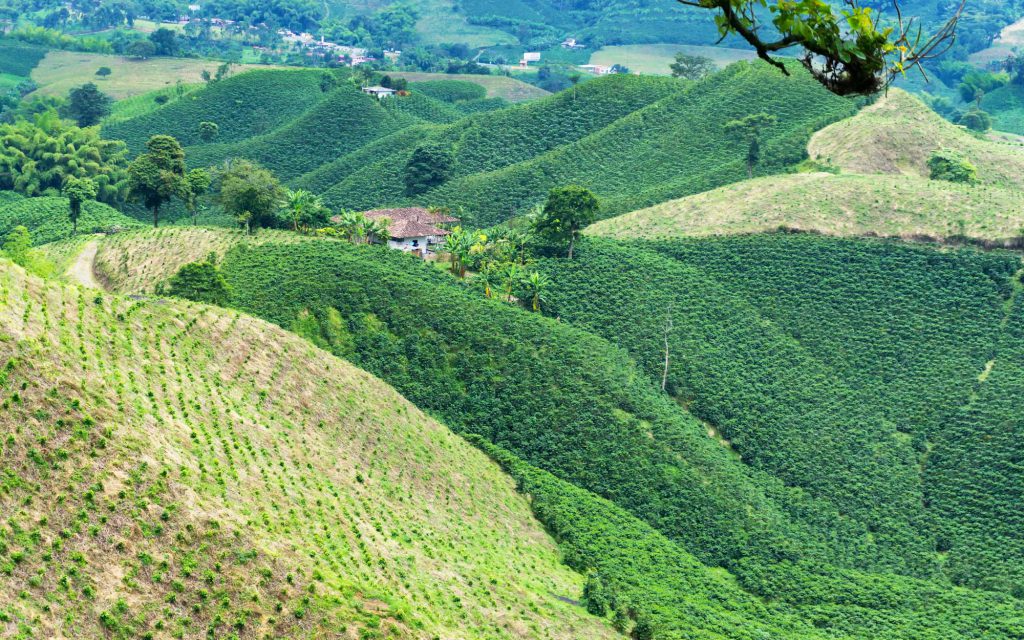

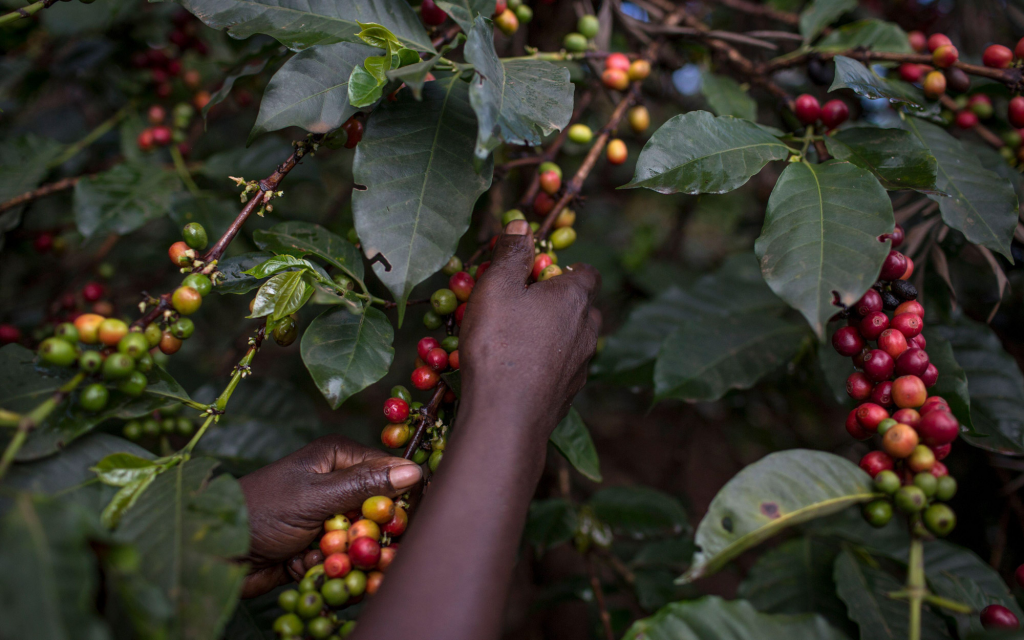
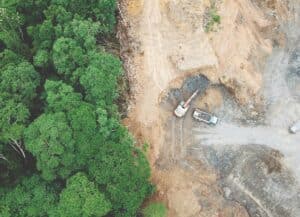
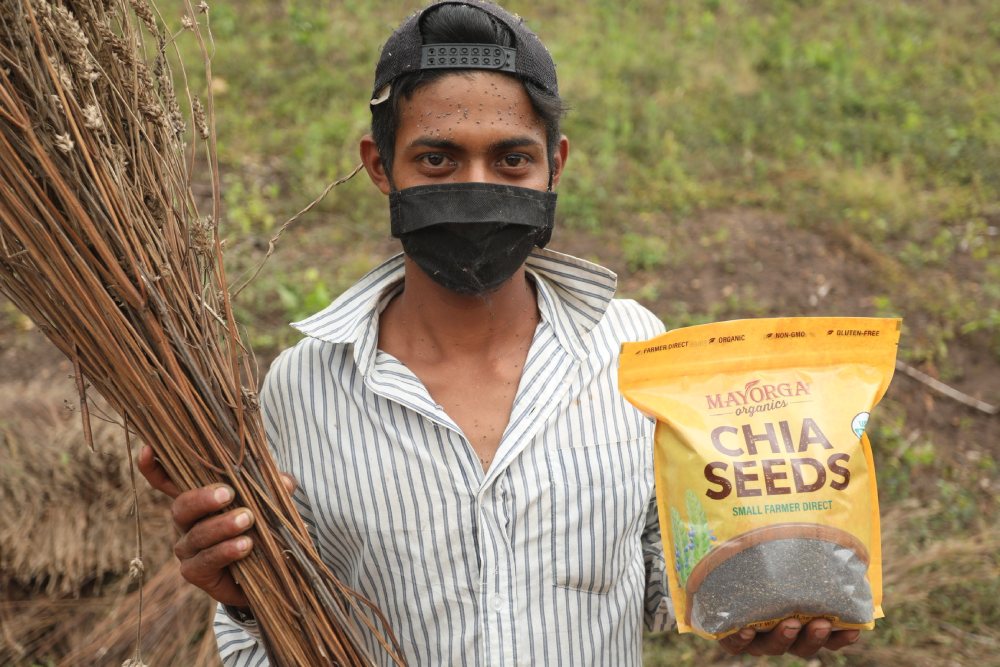
Responses